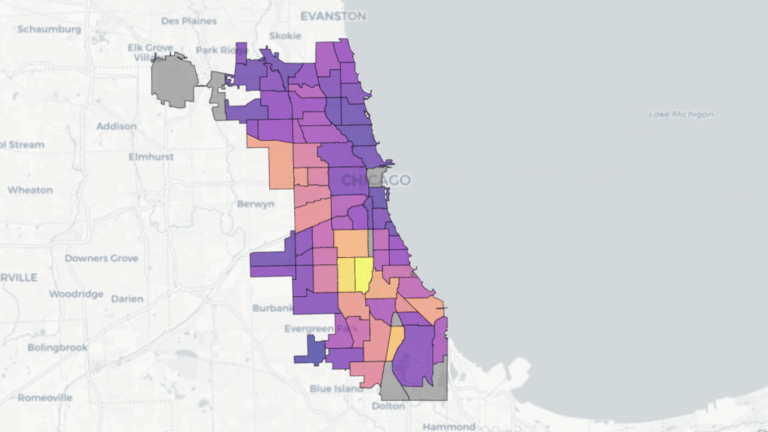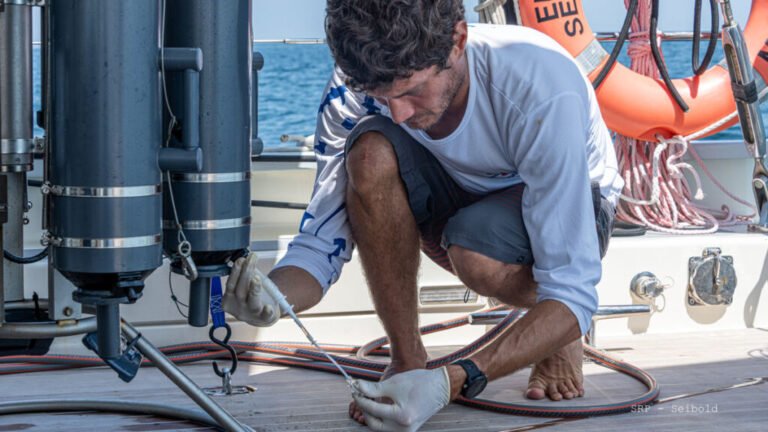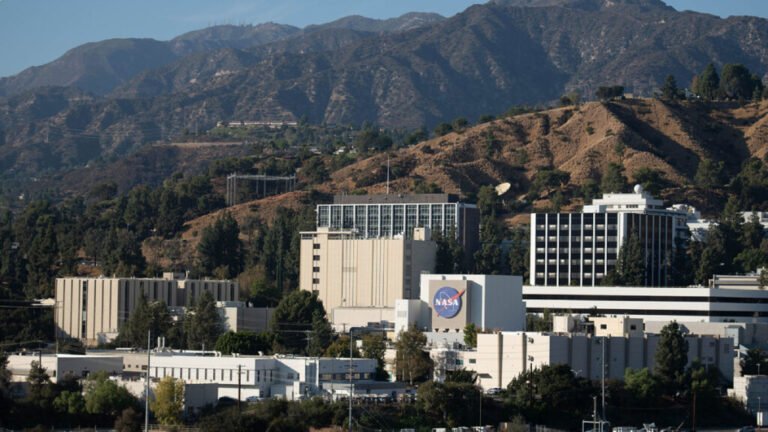

Editors’ Vox is a blog from AGU’s Publications Department.
Today, in Eos, American Geophysical Union (AGU) Publications recognizes a number of outstanding reviewers for their work in 2024, as selected by the editors of each journal.
Peer review is a crucial component of the scientific process and is vital for promoting clarity and accuracy in how science is communicated.
Peer review is a crucial component of the scientific process and is vital for promoting clarity and accuracy in how science is communicated. In an era with so many ways to share ideas and research, a healthy and thriving system of peer review ensures that we encourage clear communication and maintain the highest integrity in our scientific publications. At AGU, the peer review process is conducted by scientists, starting with the journal editors. It is then the peer reviewers who take time away from their own research to volunteer time and expertise to help other scientists improve their articles and to aid publication decisions. The work of these colleagues ensures that thousands of articles each year receive independent feedback as part of a robust process of consideration and evaluation for publication. We are thankful for their efforts to make our science stronger.
Discoveries and solutions in the Earth and space sciences rely on increasingly complex approaches and datasets reflected in the papers that share their results. Peer reviewers bring their substantial expertise to evaluate detailed and intricate science conducted by teams of researchers large and small. Reviewers must assess insights gleaned from studies utilizing more and new techniques, data, and simulations that increase in scale and scope each year. As a result, both the value and challenge of peer reviewing keeps growing. Science benefits when our community rises up to support the opportunities afforded by the work reported in AGU journals by providing thoughtful and insightful feedback through peer review.
The outstanding reviewers listed here have provided in-depth, valuable, and timely feedback and evaluations, often through multiple revisions, and multiple manuscripts, that have led to clearer and greatly improved final published papers. Their contributions helped raise the quality of submissions received from around the world, delivering valuable feedback that makes for better scientific discourse.
Many Reviewers: A Key Part of AGU Journals
While we recognize these few outstanding reviewers, we also must acknowledge the incredible service to the community by all the researchers who have conducted reviews to help ensure the quality, timeliness, and reputation of AGU journals. We also welcome new and first-time reviewers who have joined the family of community servants who act as integrity stewards and have been providing authors with valuable feedback to improve their science and communication. In 2024, AGU received over 20,000 submissions, which was a significant increase from 2023, and published 7,517 papers. Most submissions were reviewed multiple times—in all, 17,947 reviewers completed 44,656 reviews in 2024.
The past several years continued to be a rollercoaster for researchers, editors, and peer reviewers. The challenges of maintaining the peer review system remain at an all-time high. Volunteer reviewers in Europe and the United States receive more invitations than they can accept, while research output in China is now the highest of any country. AGU journals continue to make progress in balancing the efforts of colleagues serving our community via conducting peer reviews even as they often struggle to invite a proportional number of reviewers across the globe. Likewise, early career researchers observe some of their more senior colleagues being overburdened by invitations and wonder why they receive so few invitations themselves. AGU is committed to building further entrance points to peer reviewing including its co-reviewing program and peer reviewing programs in individual journals.
Reviewers play a central role in the rapid feedback and publishing of new science that is at the heart of advancing the Earth and space sciences.
Amidst these challenges, each AGU journal worked to maintain low time frames from submission to first decision and publication, and consistently maintained industry-leading standards. Reviewers play a central role in the rapid feedback and publishing of new science that is at the heart of advancing the Earth and space sciences.
Editorials in each journal express our appreciation along with reviewer recognition lists. Our thanks are a small acknowledgment of the large service that reviewers bear in improving our science and its role in society.
Additional Thanks
In addition, we are working to highlight the valuable role of reviewers through events at AGU’s Annual Meeting and other meetings.
We will continue to work with the Open Researcher and Contributor ID (ORCID) network to provide official recognition of reviewers’ efforts, so that reviewers receive formal credit there. As of 10 July 2025, we have over 116,000 ORCIDs up from 100,000 ORCIDs one year ago.
Getting Your Feedback
We value your feedback, including ideas about how we can recognize your efforts even more, improve your experience, and increase your input on the science. Feel free to send your comments to publications@agu.org. We look forward to hearing from you!
Once again: Thanks to our Outstanding Reviewers of 2024!
—Matt Giampoala (mgiampoala@agu.org, ![]() 0000-0002-0208-2738), Vice President, Publications, American Geophysical Union; and Steven A. Hauck II (
0000-0002-0208-2738), Vice President, Publications, American Geophysical Union; and Steven A. Hauck II (![]() 0000-0001-8245-146X), Chair, AGU Publications Committee
0000-0001-8245-146X), Chair, AGU Publications Committee
Citation: Giampoala, M., and S. A. Hauck II (2025), In appreciation of AGU’s outstanding reviewers of 2024, Eos, 106, https://doi.org/10.1029/2025EO255029. Published on 18 September 2025.
This article does not represent the opinion of AGU, Eos, or any of its affiliates. It is solely the opinion of the author(s).
Text © 2025. The authors. CC BY-NC-ND 3.0
Except where otherwise noted, images are subject to copyright. Any reuse without express permission from the copyright owner is prohibited.






